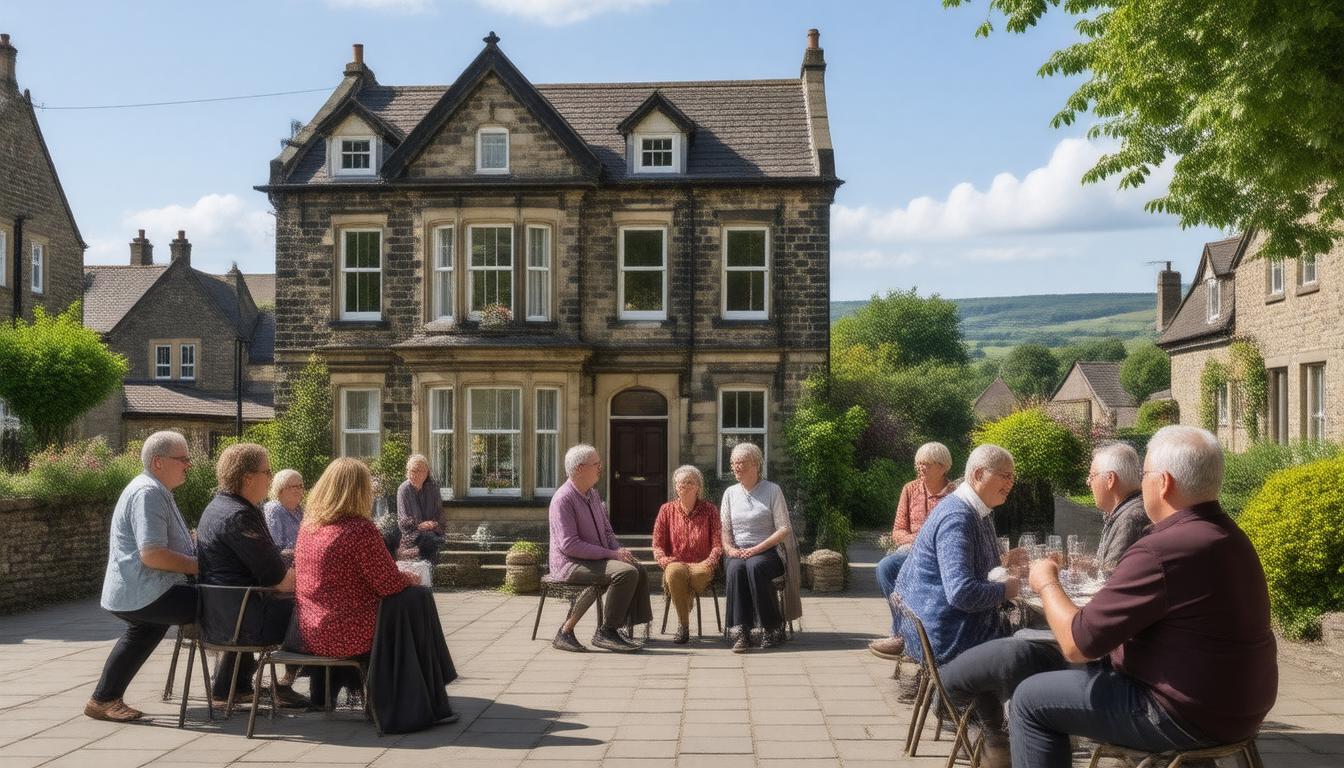In recent developments, plans have been green-lighted for the conversion of a local bed and breakfast into a 13-bedroom shared house in a Yorkshire town, igniting concern among community members regarding the rise of Houses in Multiple Occupation (HMOs). Residents worry that this expansion could exacerbate existing issues associated with the proliferation of HMOs, which many believe erodes the distinct character and social cohesion of their neighborhoods. This news comes amidst growing debates around the balance between facilitating affordable housing solutions and preserving the integrity of community environments.
Key Takeaways
- Local residents fear that the conversion of a B&B to a 13-bedroom shared house will harm community cohesion.
- The rise of HMOs in the area is perceived as a threat to the neighborhood’s character and quality of life.
- There is an ongoing debate about the need for affordable housing versus the preservation of residential community integrity.
Community Concerns Over HMO Expansion
In a recent development that has stirred community dialogue, plans have been greenlit to convert a bed and breakfast into a large shared house, accommodating 13 bedrooms, in a Yorkshire town. This decision, however, has raised significant concerns among local residents regarding the impact of houses in multiple occupations (HMOs) on their neighborhood. Residents fear that this influx of HMOs may exacerbate issues already present in the area, such as anti-social behaviour and a decline in property values. Additionally, many community members believe that this trend threatens to undermine the social fabric and character that they cherish in their surroundings. While the need for affordable housing options is undeniable, the approved conversion has ignited an ongoing debate about finding a balanced approach to housing policy that can accommodate growth without compromising the quality of life for existing residents. Community leaders are now calling for open forums and consultations to address these pressing concerns and to explore measures that can regulate and manage the expanding HMO market effectively.
Residents are urged to engage in local council discussions to voice their opinions and propose comprehensive solutions that cater to both housing needs and community well-being. Local stakeholders are now analyzing the potential repercussions of such developments and highlighting the importance of ensuring that future planning decisions reflect and respect the community’s vision for their neighbourhood.
Balancing Affordable Housing and Neighborhood Integrity
One approach being suggested by advocates is the implementation of stricter regulations governing HMOs to mitigate their impact on residential areas. This could involve zoning restrictions that limit the concentration of HMOs within certain districts, thus preserving the character of neighborhoods while still allowing for increased housing options. Additionally, local councils might consider incentivising developments that blend affordable housing with essential community services, to enhance overall neighbourhood resilience and integration. The call for more comprehensive housing strategies aligns with recent planning policies across the UK that prioritise sustainable and community-orientated solutions, reflecting lessons learned from other regions faced with similar challenges (Ministry of Housing, Communities and Local Government, 2024). As these conversations unfold, it remains vital for all stakeholders—residents, local government, and housing developers—to actively participate in shaping a future that balances both affordable housing demands and the livability of local communities.





